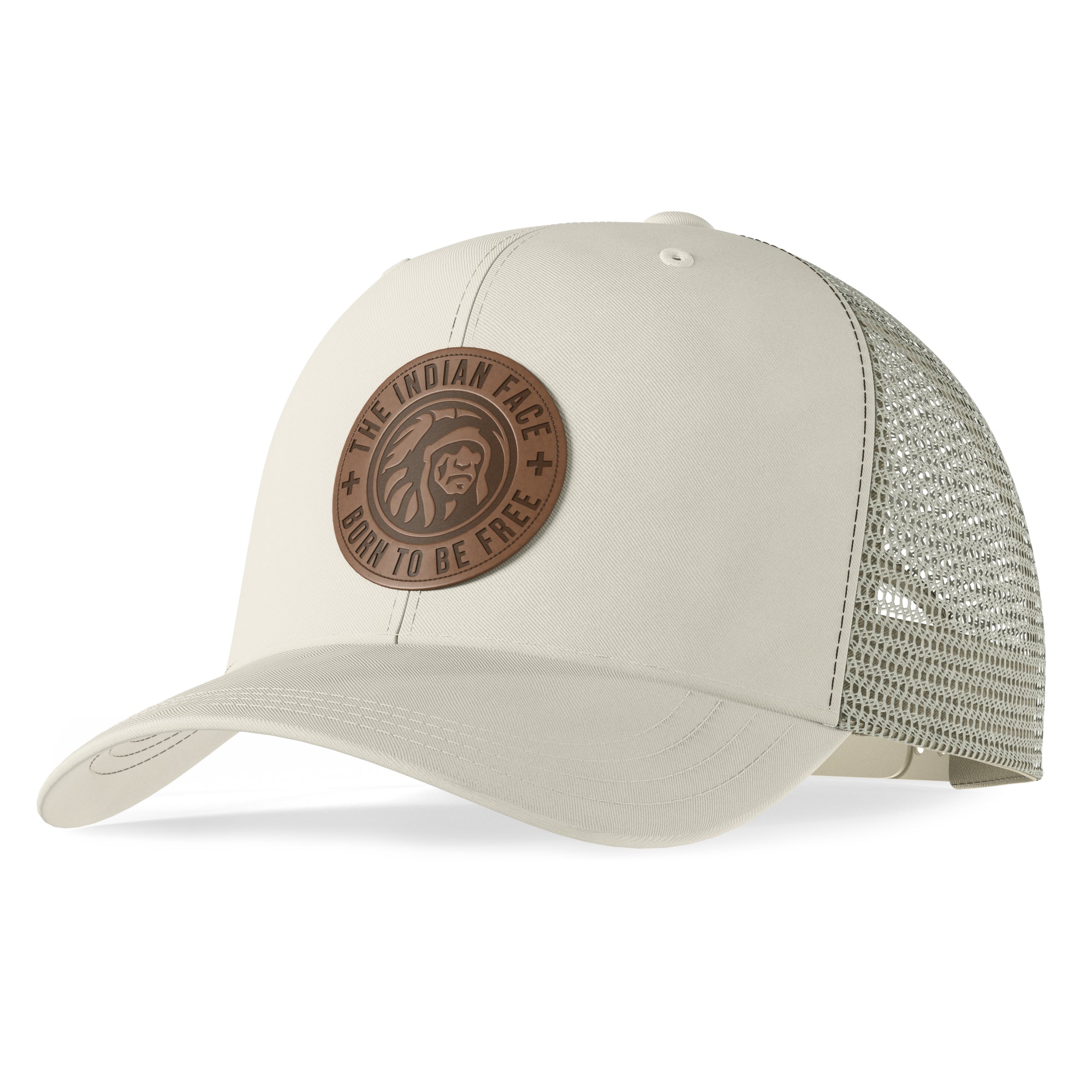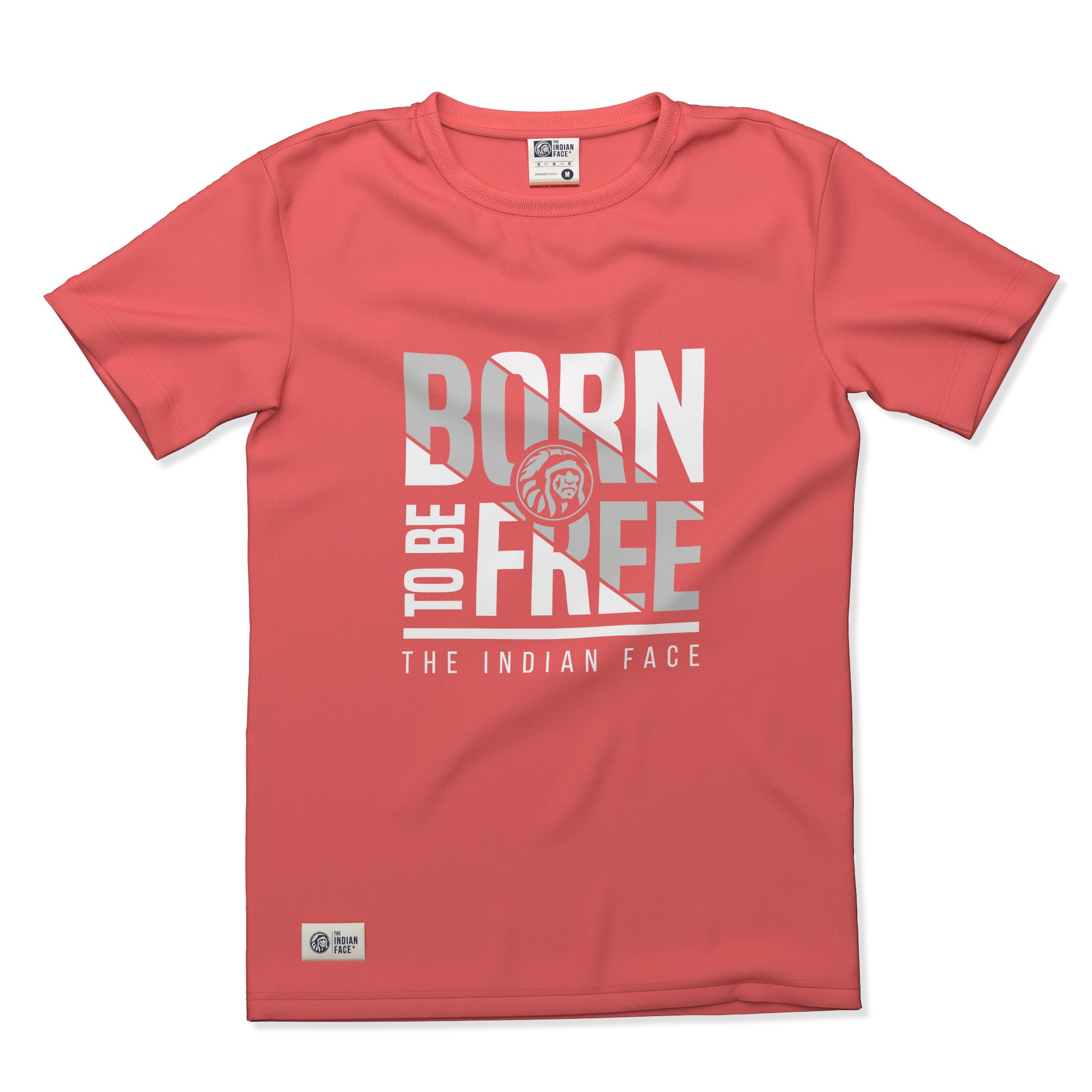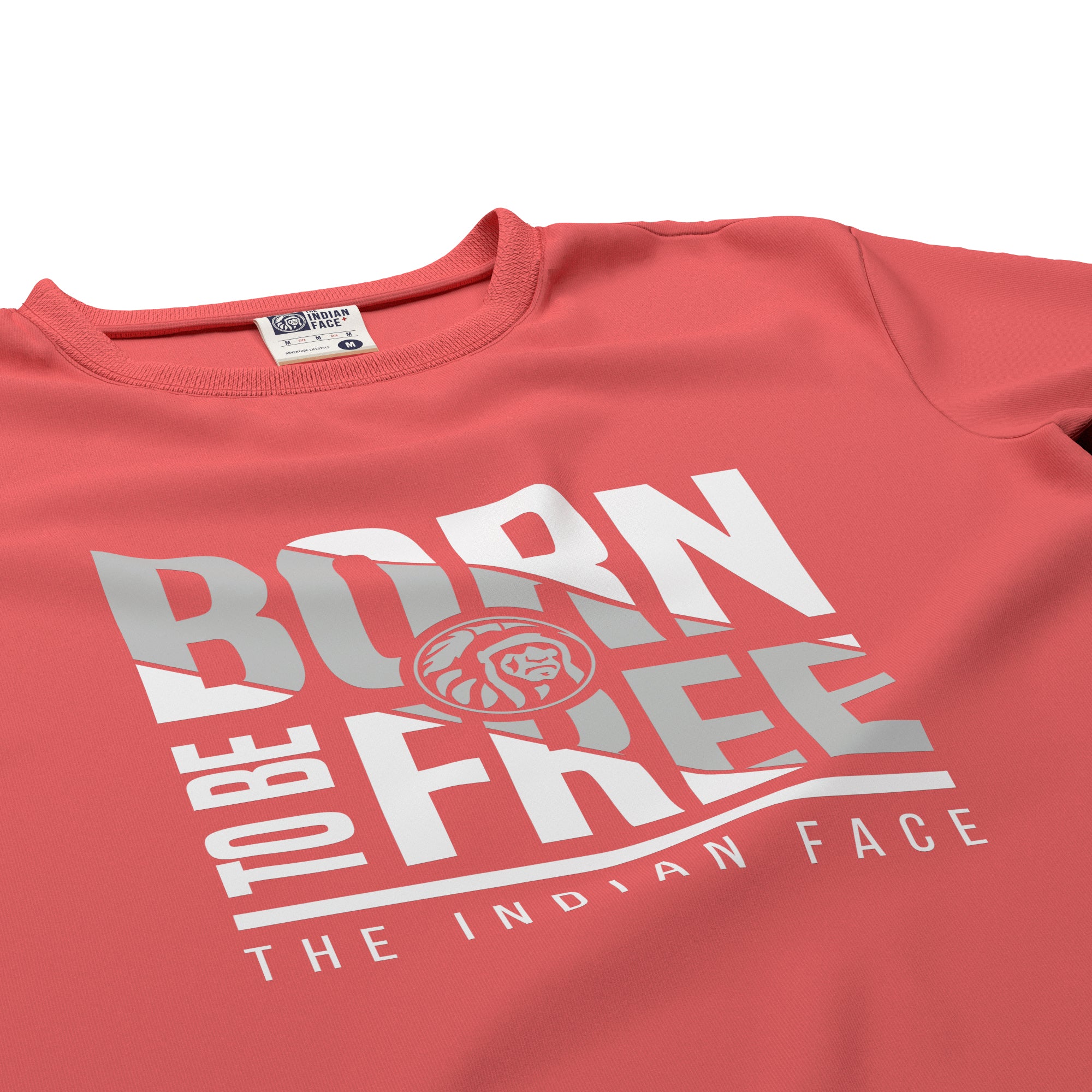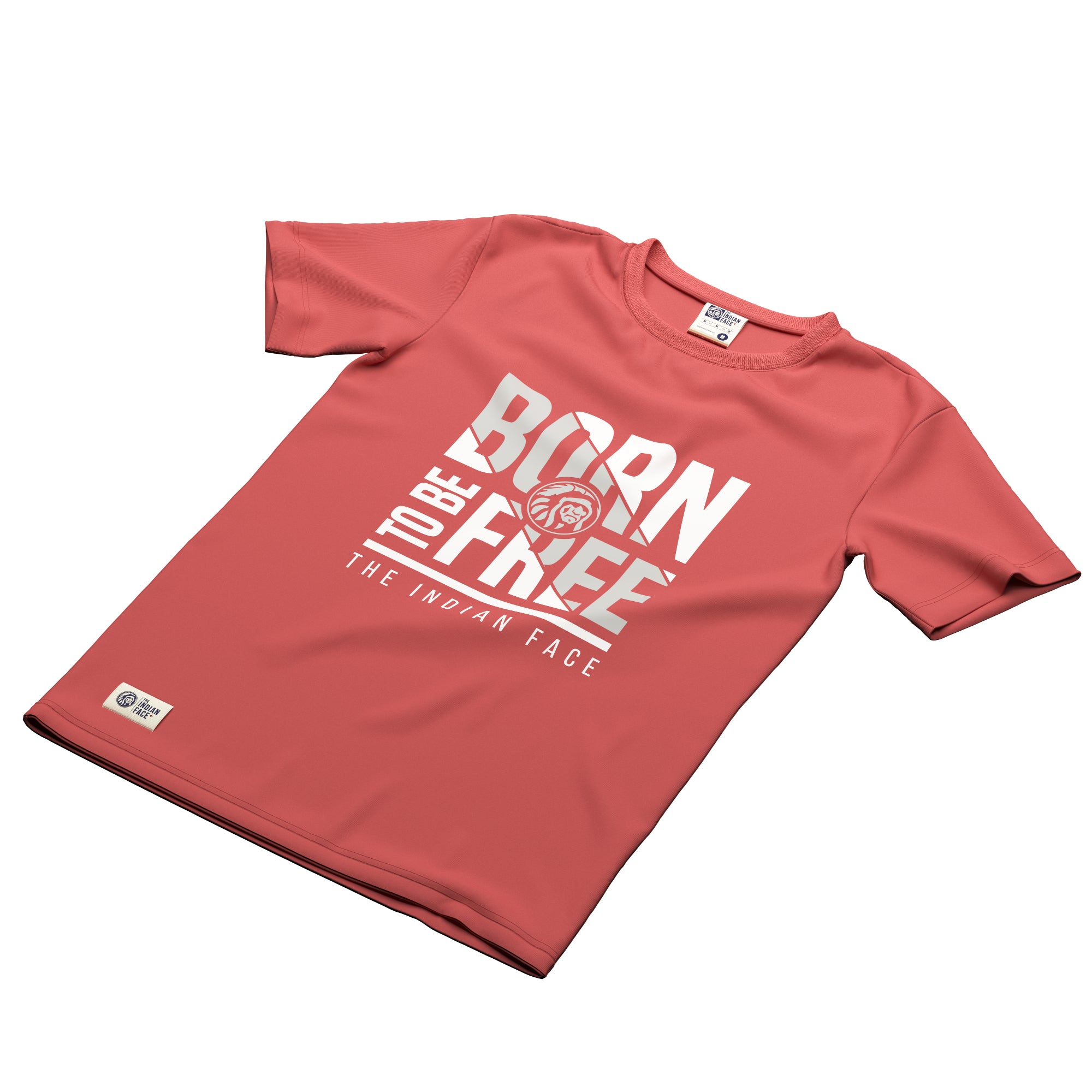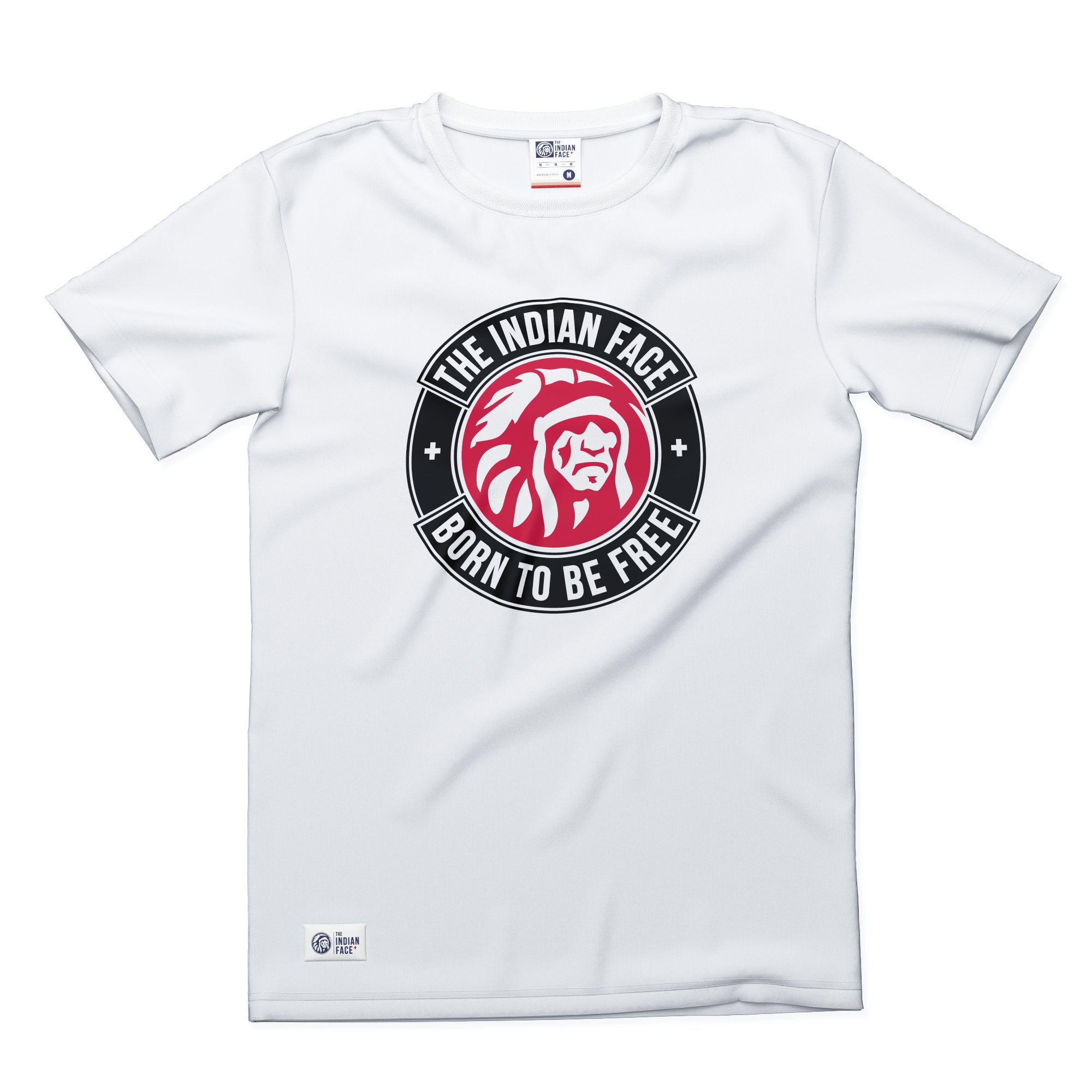How do you think they imagined fashion in the 1930s in the year 2000? Do you think they were wrong? Or do you think their imagination corresponds to current reality?
Judge for yourself in the following video, made in 1939 and titled Clothing of the FutureWe are not entirely sure that their predictions were correct at that time:
After seeing this, we have been investigating and we would like to give you a series of clues about what fashion could be like in the future Or, at least, what kind of innovative garments we'll be able to see and wear in the near future. Let's get started.
Antibacterial socks
There are already antibacterial products on the market, but how can this virtue be transferred to garments that are washed continuously? The answer lies with the Aegis Microbe Shield textile system. This system is composed of Micropolymers that behave like sharp edges that pierce bacteria and eliminate them by mechanical action, no function of the fabric is lost and it serves perfectly throughout its useful life.
Another alternative is garments partially composed of metals. Textile engineers from the University of Salamanca claim that Any garment based on metal and with metallic finishes produces an antibacterial effect.
Warming clothes
Rubbing skin against clothing can produce heat And this phenomenon, known as tribielectricity, is precisely what Thermolactyl exploits in its application in clothing. It's a synthetic fiber, derived from PVC, developed during World War II and used for the uniforms of British soldiers.
Clothes that cool
For the opposite case, one solution is to remove all clothing. But if that alternative isn't viable, smart fabrics can be used. PCM microcapsules are made of a material that, when surrounded by a membrane, is capable of transforming from a liquid state within a temperature range similar to that of the human body. It works as follows: If you put on a t-shirt made of this material and start running, when you start to sweat the alkanes melt, absorbing heat without changing temperature and extracting the excess heat. of the body. If you then stop and sit down to rest, these microcapsules solidify and expel the heat, returning it to the body. Curious, isn't it?
Clothes that smell, change color, or are relaxing
Today they already exist Compounds that can be microencapsulated and introduced into tissues to add aromas, cosmetics or even pigments capable of varying their color. with light. These techniques aren't very useful; they're intended more for recreational purposes. However, they have certain limitations, since both the scents in fabrics and the dyes in clothing don't last forever; they wear out and stop working.
Of course, many of these products cease to be developed or produced due to their lack of utility or because they turn out to be scientific failures. But textile manufacturers continue to research innovations of this type.
Wearable electronic devices
Luminescent clothing, garments with LEDs, fiber optics, or T-shirts with flexible screens capable of changing designs at the user's request. This is undoubtedly one of the most exciting fields in the textile industry right now. The main innovation has been that it's no longer necessary to attach electrodes to clothing, but rather electrical circuits are part of the fabric itself.Progress is being made, but the truth is that these are still projects under development in laboratories. We will have to remain attentive to see how these technologies evolve when applied to clothing and fashion.
Stain-resistant garments
To develop garments that fight stains on their own, we must turn to nanotechnology. It is now possible to create garments from Fabrics coated with nanoparticles that allow the manufacture of waterproof clothing or that do not allow dirt to penetrate, which means they always stay clean. The downside? The high cost of this technology means this type of clothing isn't commercially available for the time being.


